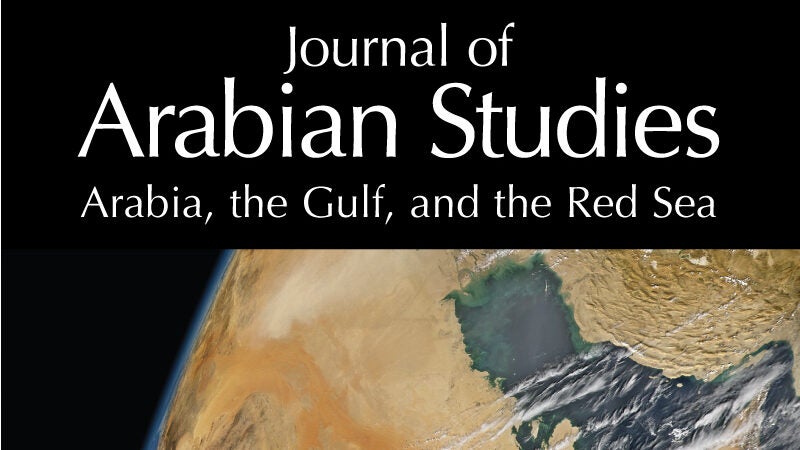The Maritime Sector and Resilience-building in a Small State: The Qatar Case Study
About the Project
This three-year project (2024-2027) through the Qatar National Research Fund (ARG01-0502-230060) is being led by Dr. Rory Miller, along with Dr. Stephen Wright, HBKU, Dr. Hillary Briffa, King’s College, and the Qatar General Retirement & Social Insurance Authority.
Aims and Objectives
In recent years, Qatar has developed its maritime energy and non-energy sectors extensively, establishing new state-of-the-art fleets, port facilities and infrastructure; maritime sustainability programs; and next-generation maritime technologies. This project explores how the maritime sector, an increasingly vital societal actor in Qatar, will be central to the country’s success in building resilience and achieving prosperity for generations to come. It identifies how Qatar can develop maritime sector resilience and assesses how Qatari policymakers can respond to future economic, political, security, and societal challenges and opportunities in the sector. The project examines three key aspects of the maritime sector: The state of Qatar’s rapidly expanding port economy, cross-sectoral resilience-building between the maritime and energy sectors, and lessons and best practices for Qatar drawn from other small maritime powers around the world including Malta, Djibouti, and Belize.
Outcomes
Publications

Miller, Rory. 2020. “Qatar, Energy Security and Strategic Vision in a Small State,” Journal of Arabian Studies, 10, no. 1: 122-138.
This paper examines Qatar’s rise as a global gas power since the 1990s in terms of the country’s evolving strategic vision. In particular, it will assess the centrality of gas power to the decision of policy elites since the late 1990s to prioritize long-term strategic positioning over short-term stability. Finally, it will conclude with an assessment of the ways in which Qatar has used its gas power since the launch of the embargo against it in June 2017 to achieve its strategic objectives at a time of rapid change in the regional security system and the global energy market.

Miller, Rory. 2025. “Small States and the Use of Energy as a Strategic Instrument.” Small States & Territories, 8, no. 1: 48-51.
This paper argues that at a time of rapid change in regional and international security systems, small states increasingly conceive of their energy resources in strategic terms. They think of their energy resources as ways to add to their non-traditional sources of power, which include flexible manoeuvring, rapid institution building, and smart positioning. This, in turn, helps them to demonstrate value and sell a narrative in order to build resilience, consolidate political independence, and distinguish their identity from neighbours and competitors.
Knowledge Transfer and Capacity Building
Important Qatari end-users for these capacity-building efforts who have joined our project and have provided representatives as project liaisons are: The Ministry of Finance; The Ministry of Transportation; Qatari Emiri Navy of the Qatar Armed Forces; Qatar Investment Authority (QIA); QatarGas; Mwani Qatar (the Port Authority); Nakilat (Qatar’s Gas Transport Company); and the Qatar Free Zones Authority.